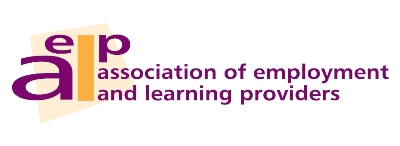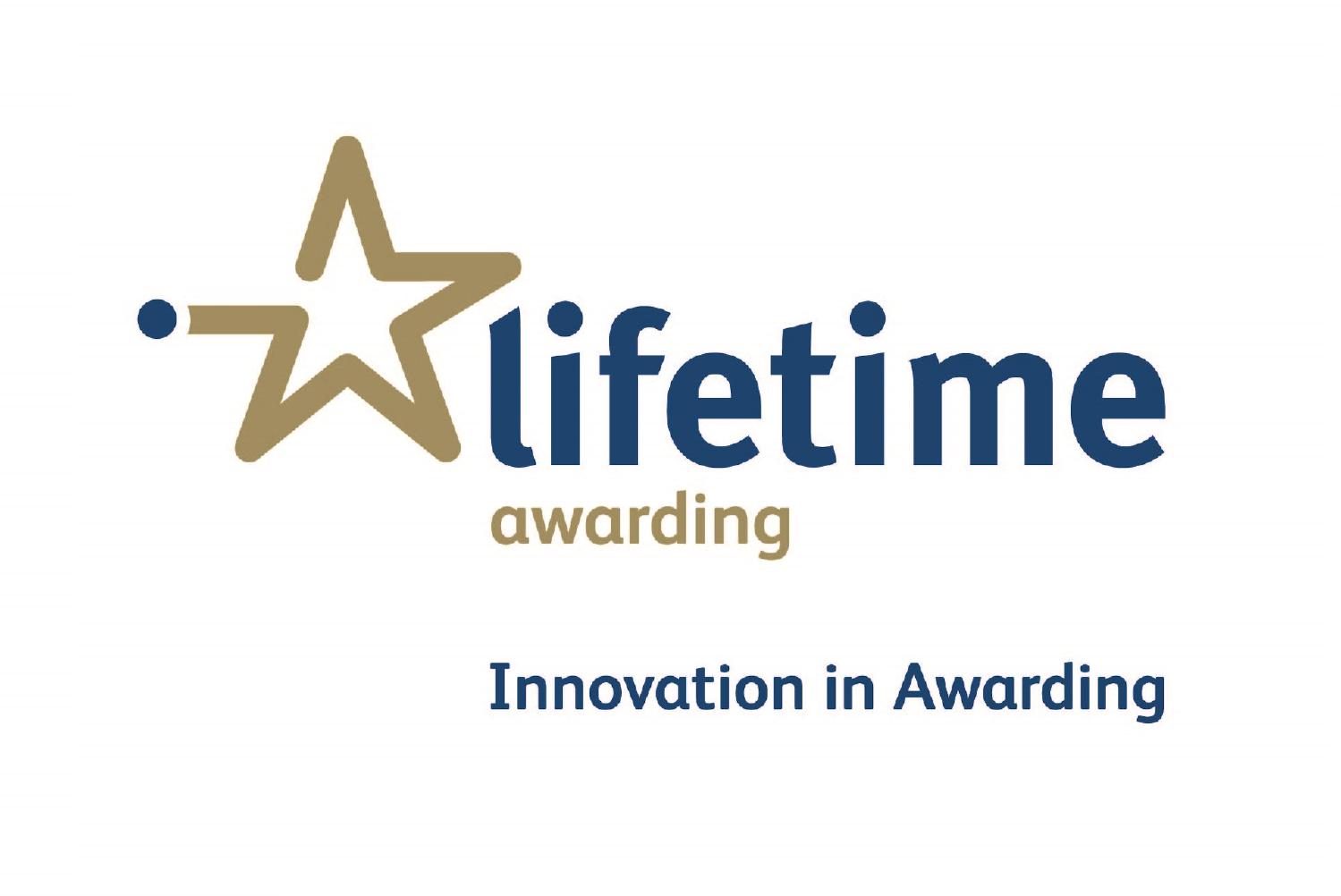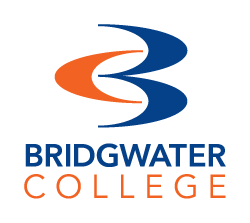Day Two Workshops
As part of the National Conference 2014 all attendees will have the opportunity to attend a choice of workshops during both days. These are now available to book.
|
|
|
|
Workshop 1 (WSD2-1)
Workshop Room 1 – First Floor
Skills Funding Agency: Funding Rules 2014 to 2015 – Important changes to Apprenticeships and Adult Skills Budget from 2013/14
Facilitated by, Nick Chomyk, Laura Armit and Sarah Stear, Skills Funding Agency
|
|
This workshop will examine the changes in the Skills Funding Agency’s funding rules for Adult Skills Budget and Apprenticeships between 2013/2014 and 2014 to 2015. There are some significant changes next year that were announced in the Skills Funding Statement 2013-2016 that have been put into the funding rules for Adult Skills Budget and Apprenticeship starting in August 2014. Each change will be explained and there will be an opportunity to ask questions. The workshop will be led by Nick Chomyk and Laura Armit, Funding Systems Managers, who have responsibility for writing the funding rules for the SFA.
|
|
|
|
|
Workshop 2 (WSD2-2)
Workshop Room 2 – First Floor
Traineeships: The Policy Perspective for 14/15 and Experiences of Early Delivery
Facilitated by Kelly Hughes & David Greedus, Department for Education |
|
This session will provide information on traineeships policy for 14/15, as well as offer the opportunity for education and training providers to share their experiences of designing and delivering programmes to young people.
|
|
|
|
|
Workshop 3 (WSD2-3)
Workshop Room 3 – First Floor
Apprenticeship Trailblazers
Facilitated by Olly Newton & Abigail Smith - Department for Business, Innovation and Skills, Keith Smith & Benita Notley - Skills Funding Agency & Diane Wilford, National Apprenticeship Service
|
|
This workshop will focus on the current reforms of Apprenticeships and how these are being delivered through Trailblazers led by groups of employers. It will update on the progress already made by the Phase 1 and Phase 2 Trailblazers and how the groups are working with providers to bring their Apprenticeships to delivery. It will also look at future plans for Phase 3 and beyond.
|
|
|
|
|
Workshop 4 (WSD2-4)
Workshop Room 4 – First Floor
Trailblazers Retail & Hospitality
Facilitated by Annette Allmark, People 1st, Lloyd Thomas, The Co-Operative Group & Kathryn Porter, Hilton Worldwide
|

|
Hospitality and retail employers are part of the phase 2 trailblazers developing new apprenticeship standards for hospitality and travel supervisors and managers; chefs and retailers. The workshop will talk about how the standards have been developed; employer approach to assessment and provide an opportunity for a discussion around the implications of implementing the new apprenticeship.
|
|
|
|
Workshop 5 (WSD2-5)
Workshop Room 5 – Second Floor
The Future of Welfare to Work
Facilitated by Chris Melvin, PublicCo & Paul Warner, AELP |

|
Welfare to Work provision has been through several iterations over the last twenty years and after the next election it will undoubtedly evolve again - either into a new version of the Work Programme or perhaps to something completely new. Chris Melvin and Paul Warner examine the possible options and how the skills agenda might integrate within them.
|
|
|
|
Workshop 6 (WSD2-6)
Workshop Room 6 – Second Floor
Trailblazer Digital Industries
Facilitated by Mary Mamik, Aspire, Achieve Advance Limited & Helen West OBE, e-Skills UK Limited |
|
The IT sector has seen unprecedented growth in the uptake of Apprenticeships in the last few years as employers have recognised that Apprenticeships offer a real alternative to the Graduate recruitment route. Technology orientated Apprentices are now found in both IT companies and non IT companies that have a reliance in technology. Employers, small and large, have embraced Apprenticeships.
The drive is now to maintain this growth but alongside this to ensure that employer demand is at the heart of Framework design and informing models of training and assessment.
In this workshop we will acknowledge the challenges that the Trailblazer process poses to providers but look at where the unique capabilities of providers that mean that they are vital to the successful delivery of the Trailblazer agenda.
This workshop is an opportunity for providers to directly contribute to the Trailblazer process and ensure that the views of providers and the Employers that they work with shape future developments of Apprenticeship Frameworks.
The session also aims to set out how providers can assess the new ETF Learning Technology Support Programme.
|
|
|
|
|
Workshop 7 (WSD2-7)
Workshop Room 7 – Second Floor
Teaching
Contextualised English and Maths through Problem Solving in Apprenticeships
Facilitated by Sue Salter, OCR
|
|
The Skills Funding Agency and Ofsted are now focussed on monitoring whether English and maths are being taught contextually within vocational programmes - which is good practice. This interactive workshop will look at a model of working within Apprenticeship programmes to contextualise English and maths skills within OCR employability and vocational qualifications. We will look at working ‘smartly’ to support delivery of English and maths within the learner’s main subject programme.
|
|
|
|
|
Workshop 8 (WSD2-8)
Workshop Room 8 – Second Floor
Best Practice Use of an E-portfolio to Engage with all Stakeholders
Facilitated by Fiona Hudson-Kelly, Smart Assessor
|

|
Smart Assessor's workshop will be about the best practice use of an e-portfolio to engage with all the possible stakeholders. With an ever evolving environment and the employer reforms on the horizon it's important that you get the best out of your e-portfolio and more importantly engage with all of your stakeholders to demonstrate that you are value added.
|
|
|
|
Workshop 9 (WSD2-9)
Workshop Room 9 – Second Floor
The Future for Vocational Qualifications: An Awarding Organisation Perspective
Facilitated by John McNamara and Bhupindra Sard, Lifetime Awarding
|

|
Lifetime Awarding consider the current changes affecting vocational qualifications and the impact and challenges for providers and employers, including how these challenges can be better faced through increased partnerships and collaborations between awarding organisations, providers and employers.
|
|
|
|
|
Workshop 10 (WSD2-10)
Workshop Room 10 – Second Floor
Register of Training Organisations
Facilitated by Sharon Forton and Rosemary Carter, Skills Funding Agency
|
|
This workshop will provide an update on how the process has changed including the shift to due diligence; common mistakes made on Register applications including uploading financial health statements and guidance on what information can be submitted which will be circulated as a handout; register risk management – looking at risk management and how we identify and check the legal entity of providers and tracking their history; risk management of subcontractors and our market exit procedure and our policy on debt management and how we manage the process.
|
|
|
|
|
Workshop 11 (WSD2-11)
Workshop Room 11 – Second Floor
Building Learning Programmes to Secure Skills and Sustainable Employment
Facilitated by Ruth Carter, OCR
|

|
This workshop will be looking at how to understand learning programmes and will give an overview of integrated mapping for different progression pathways. Practical mapping activities for designing integrated programmes will be explored so that centres can work ‘smartly’ when building learning programmes to take into account employability skills, English and maths alongside a vocational main subject programme.
|
|
|
|
|
Workshop 12 (WSD2-12)
Workshop Room 12 – Second Floor
Workbased Learning Technology - What's The Future?
Facilitated by Paul Bailey, Sarah Dunne, JISC and Chris Swingler, AELP |
|
The workshop will look at how technology can be used to help organisations provide improved teaching and learning support for learners and meet the new demands for more online learning as promoted by BIS.
There will be an overview of the Minister for Skills and Enterprise response to the FELTAG recommendations, and an opportunity to explore how emerging technologies will help providers use technology more effectively using current examples from recently funded projects.
|
|
|
|
|
Workshop 13 (WSD2-13)
Workshop Room 13 – Second Floor
Enhancing Employability Skills for Successful Progression
Facilitated by Jeremy Kerswell, Bridgwater College
|

|
Gain an insight into different ways of developing relationships with employers and how these can be maximised to benefit full time learners in a vocational setting.
|
|
|
|
|
Workshop 14 (WSD2-14)
Workshop Room 14 – Second Floor
How to Utilise Blended Learning Models for ASB Activity
Facilitated by Louise Prince and Chris Snee, Learning Curve Group |
|
This workshop will review ways in which providers can use online and hard copy learning content to reduce overheads and provide greater flexibility for learners. In 13/14 Learning Curve Group will support over 100 FE providers and 100,000 learners through a nationally recognised qualification using distance / blended learning models. The session will also look at how ASB allocations can be utilised to allow the delivery of standalone technical certificates which may help widen the portfolio you offer to learners and employers.
The workshop will be led by Chris Snee and Louise Prince who support a number of FE Colleges and Private Training Providers with their funding and curriculum planning.
|
|
|
|

